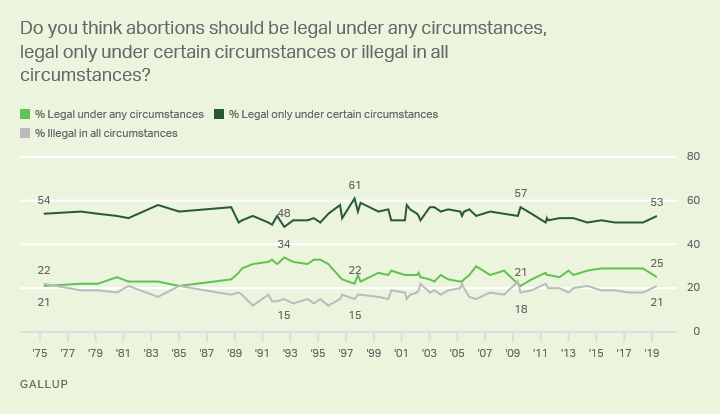GeographyDude
Gone Fishin'
Now, Democrats have in fact advocated for a social safety net. Which is a tough sell, all the more during economic hard times when people are angry and resentful.Notre Dame University
Sept. 13, 1984
http://archives.nd.edu/research/texts/cuomo.htm
" . . . the people who call themselves "pro-choice" can support the development of government programs that present an impoverished mother with the full range of support she needs . . . . . those who gather under the banner of "pro-life" can join in developing and enacting a legislative bill of rights for mothers and children, as the bishops have already proposed. . . "
But . . .
Until CHIP passed in 1997, I don't remember a whole lot of advocacy of health care for pregnant women and children as a super logical first step for expanding health care.
Nor do I remember much advocacy that this would be a good way to reduce the incidence of abortion (although this may work either more or less well than people might think).
Last edited:
